NOTE: This is the second part of an essay that starts here with Eros and the Magical Path, Part 1.
The Pain of Alienation
We appear to be separate individual selves, with no particular relationship to other people and the world other than a causal relationship of action (i.e., karma).
It seems that we were brought into the world by the actions of our parents (conception and birth) and that we interact with the world based on our own choices of action.
(the karmic wheel of Samsara from wisdomquarterly.blogspot.com)
So it seems that we have no other relationship to the world than a causal (karmic) relationship of action. It seems that we can act upon things and situations and other people and they can act upon us, and that’s it.
That’s the end of what we’ve got.
When we spend awhile in this point of view (or even the majority of a lifetime, as the Enframing encourages) we begin to feel a sense of futility. We notice that our causal impact on the world seems rather small, while the world’s causal impact on us is rather huge.
This leads to a feeling of cynicism and helplessness also known as “depression” which is an affliction that now affects some giant and mindblowing percentage of the world population.
This depression is an inevitable consequence of feeling alienated from the world and stuck in a subject-object dualistic causal relationship with it. The apperance of this alienated, dualistic, subject-object world is Samsara, the wheel of suffering.
The height of tantric Buddhist wisdom is that “Nirvana is Samsara” – in other words, “the Kingdom of Heaven is upon us.”
Heaven is already here, but we don’t realize it, because we’re in an alienated, extracting, objectivising, Enframing relationship to it. The path of magic is essential because it’s the path that leads out of this alienation and back towards connection.
(from pirkdotcom.wordpress.com)
Desires vs. Attachment
Desire (i.e. Eros) gets a bad rap because it’s easily confused by those not-in-the-know with attachment.
They are, however, vastly different. While Eros has a quality of volatile aliveness, warmth, heat, fun, spark to it – attachment has a quality of static melodrama and fear.
There’s nothing magical about attachment. Attachment is a little hook-story that says “if I don’t have this I have this I will feel terrible.” The hook-story is a threat and it’s also a false conclusion.
Eros, on the other hand, doesn’t draw false conclusions, it remains curious.
It says, “if I don’t have this I wonder what happens next.”
Attachment, like lust, is part of Thanatos. It’s a drive towards having things settled, finished, concluded. Attachment is the wish to be finished with Eros, to no longer have to be filled with the throb of excitement and longing.
The art of parsing out desire from attachment is the whole art of magic, alchemy, tantra.
The Buddhist goddess of enchantment and magic, Kurukulle, is known as she who is “fully magnetic and fully non-attached.”
Magic is basically the work of separating Eros from the excessive dulling, numbing, spoiling influence of Thanatos.
There’s an ignornace to Thanatos that wants to be done with this whole messy world, to get it over with.
This ignorance commonly masquerades as an urge towards transcendence in spiritualities that emphasize disembodiment and the afterworld as a kind of goal.
(kurukulle from mimart.wordpress.com)
It also manifests as an emphasis on goal-orientation and seeking, period. Any teaching that holds up enlightenment as a kind of “end point” that delivers one from difficulty with one heavy extinguishing sigh is participating in this flavor of ignorance.
It’s ignorant because it literally ignores or looks-over the ever-unfolding event of this present moment, which is that the universe is making love with itself, and we’re included in the party.
Tantra, magic, alchemy is just the conscious participation in the love-making party of desire.
It’s the cultivation of connection and relationship with self and world and other rather than the extraction of some ultra-valuable commodities of righteousness and enlightenment.
It’s mostly a subtractive, rather than an additive work: we subtract our habitually Enframing, extracting, objectivising attitudes and what we discover is that we’re already deeply interwoven within a sensitive network of magic (connection, Eros).
If you wonder if you’ve overcome attachment in your own interactions, there’s a rather simple litmus test: ask yourself, do I get jealous of my partner in romantic and sexual situations? Do I want to control my partner’s actions and have his or her attention solely on me?
If so, it’s a pretty sure bet that you’re attached.
(Pulp art from The Devil’s Road. Eros plus attachment can be dangerous)
Awakening, Symposium Style
In Plato’s Symposium, the characters take turns drinking and giving speeches about the nature of love (Eros).
When it comes to be the great Socrates’ turn, he protests that he doesn’t know anything about love except what his teacher, Diotima taught him.
He offers to recite Diotima’s teaching and he goes ahead and does just that. It’s important to note that Diotima was a revered philosopher and also a woman, and (it is thought by historians) likely a successful heterae, or Grecian courtesan.
According to Plato’s Socrates, Diotima teaches that Eros moves through three stages in a wise person’s life:
(Diotima, hanging out)
1. Eros for an individual, i.e, falling in love.
This usually happens in youth. We meet someone beguiling and we fall in love with their physical and spiritual beauty. This early experience of Eros involves a lot of attachment and possessiveness.
2. Eros for many people.
This is a later development of falling in love. As we mature realize that there’s more than one attractive beloved on the planet and we open up towards appreciating the beauty of many people. We might engage in serial monogamy or polyamory.
3. Eros for the Tao itself.
Diotima of course doesn’t call it the Tao. She calls it the “beauty that is not beautiful and is not ugly” which pervades the world. But for anyone familiar with the world’s mystical texts, it’s very evident that what Diotima is talking about is the fundamental nondual nature of reality which goes by a lot of various names – Tao, Buddha Nature, Godhead, Brahma, etc.
So in the very foundations of Western thought (Plato’s writing) there’s embedded a deep teaching about the power of Eros from a woman with a liberated mind and liberated sexuality.
It just so happens that our Enframing society has largely ignored this teaching.
It’s a very foreign notion to us, that Eros could lead to a form of awakening which is essentially being in love with all that is, with “the beauty that is not beautiful and is not ugly.”
This teaching of Diotima’s has much in common with Hindu, Buddhist, and Sufi teachings on the divine possibilities of desire.
The Point of Magic
The point of magical and alchemical work – casting sigils and spells, entering ecstatic states, doing divinations, invocations, cultivating energy, etc. – is to gradually align oneself with one’s true magical will, i.e., one’s deepest Eros, the Eros for reality itself.
When you’ve achieved alignment with what we’ll call the Deep Eros, you’re a fully awake Buddha. The Holy Spirit is with you. You possess the philosopher’s stone. You can turn lead into gold because you’ve entered into profound relationship with the substance of existence itself.
The smallest spell cast for the most trivial desire is part of this work because as you add energy to your smaller desires and manifest them in their various forms, you gradually gain knowledge (sometimes painfully) of what your truest desire, your Deep Eros, is.
For more about Eros and the Magical Path, read 12 Practices for Increasing the Magic in Your Life.
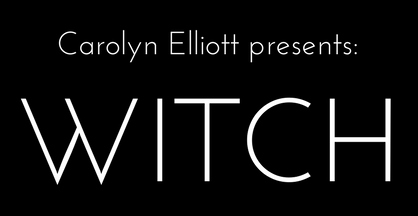
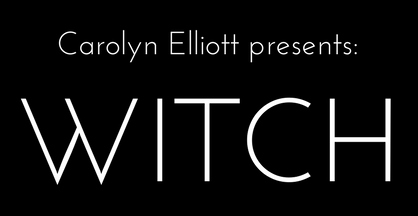

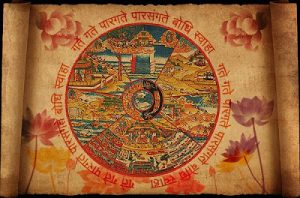

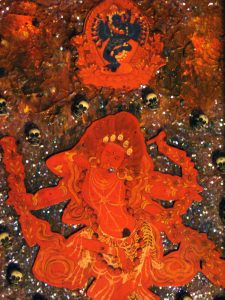
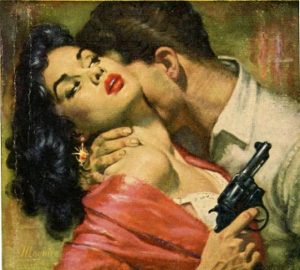
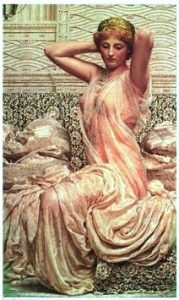



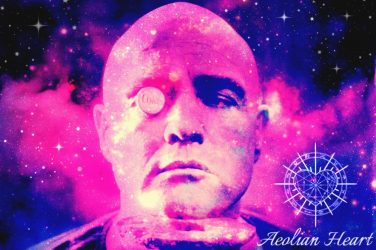
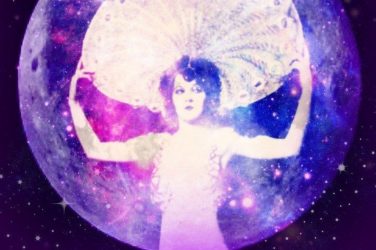
Show Comments (2)
Aileen
Thank you for these posts on Eros. Something I have felt for a long time but not conceptualized in this way. As I grow older though the struggle becomes more difficult (i.e., to figure out how to maintain Eros but function in society and navigate relationships with people who in the end don’t feel the same). I’ve found myself increasingly numbing out but your posts have struck something deep in me. I look forward to following your blog and learning more.
wibnbo
Last remarks from Camille remind us that the Ars Notoria were not as marginalized as the other magical arts of the time, because of its close association with scholasticism and the traditional images from which it was drawn.